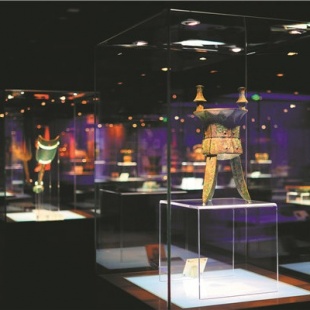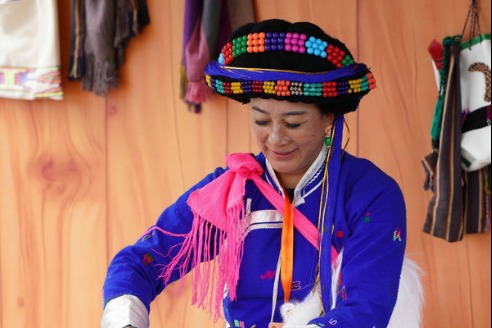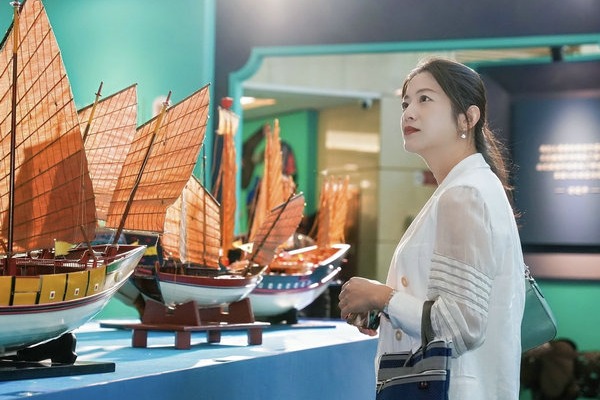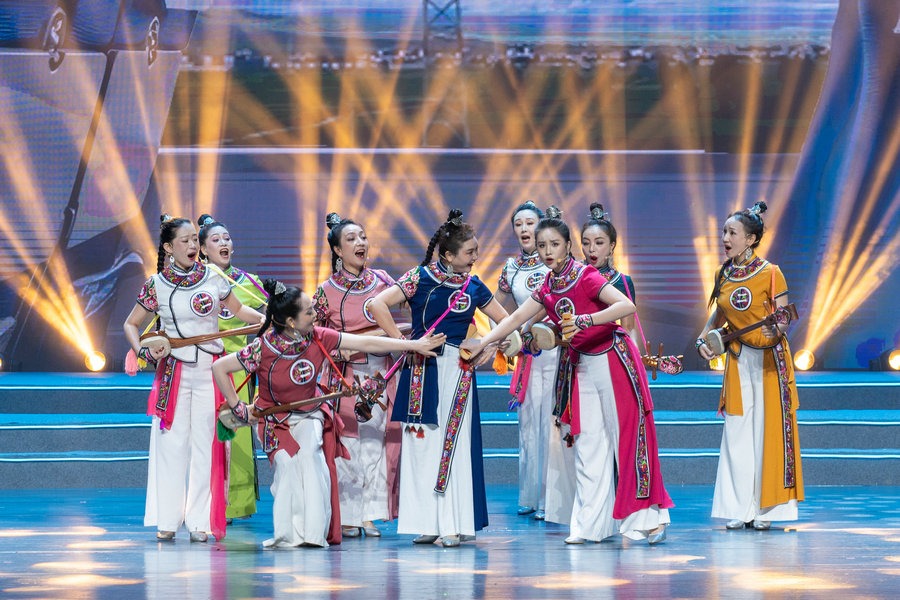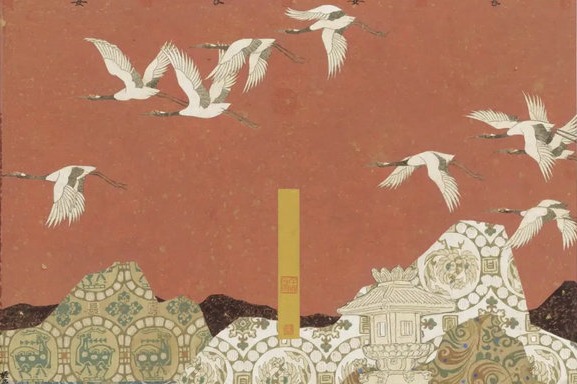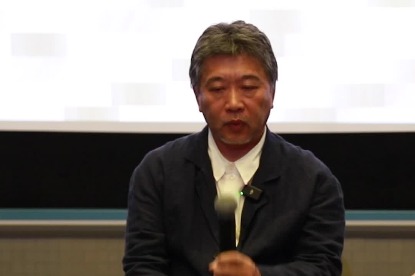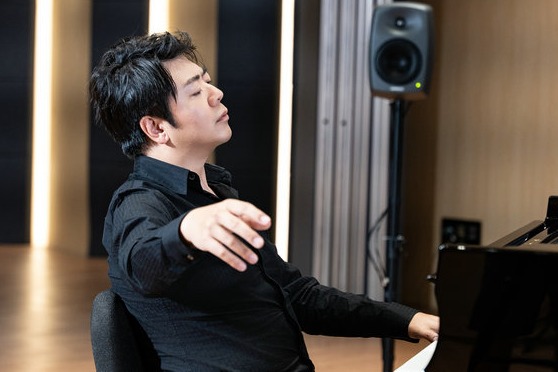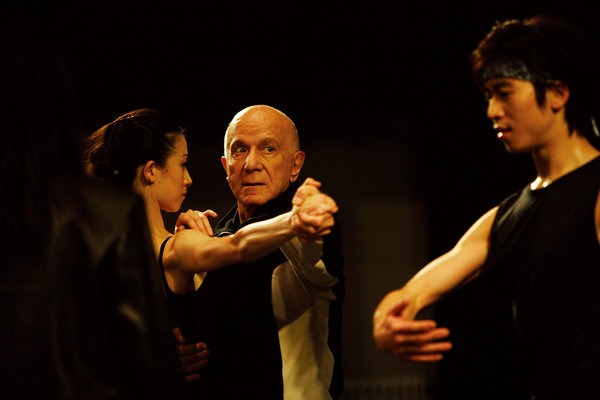Heritage provides blueprint for future


Diverse forms of new quality productive forces give Beijing's Dongcheng district a cutting edge in the cultural and creative sector, Cheng Yuezhu reports.
The hutong (alleyways) have long been iconic to central Beijing, promising those who enjoy taking a walk in tranquility a great experience, with their gray brick walls, upturned eaves and paths shaded by luxuriant tree branches.
But today, these hutong have more to offer. While most remain residential buildings, some courtyards have been renovated into areas for rich cultural and entertaining experiences.
Those who walk along the Doufuchi Hutong in Beijing's Dongcheng district may come across a small, inconspicuous door, but when they walk in, they find themselves in a courtyard of considerable size.
The courtyard, called The Guan, is now known as a local culture museum along the Beijing Central Axis, which was inscribed on the UNESCO World Heritage List this July.
Renovated from a former temple and opened to the public in January, The Guan includes a bookstore, a digital art gallery, a Beijing Central Axis Post Office, and a few hospitality venues.
A tourist surnamed Liu came across The Guan with her friend on a serendipitous afternoon "city-walk" session. She says that they wanted to wander around the Bell and Drum Towers area without making any additional plans, and this courtyard came as a pleasant surprise.
"When we walked in through the small door, I thought this place was like an unexpected realm. There's a bookstore, a Spanish poster exhibition in the digital gallery, and the restaurant looks quite nice as well. I think they are a good fusion of ancient and modern, and it's a nice place to walk around and rest," Liu says.
According to Chen Xue, curator of The Guan, the complex adopts diverse forms of new quality productive forces, including technological and innovative mediums, to highlight the culture of the Beijing Central Axis. New quality productive forces refer to advanced productivity freed from the traditional economic growth mode and productivity development paths. It features high tech, high efficiency and high quality, and comes in line with the new development philosophy.


